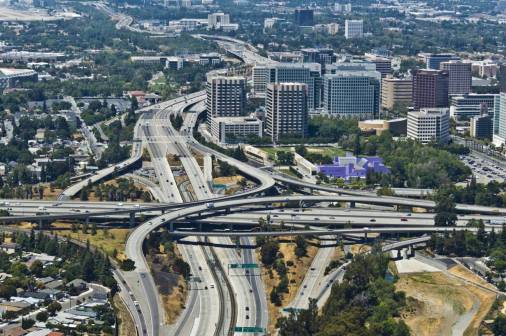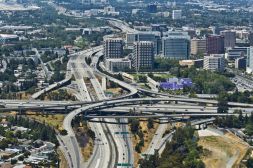San Diego officially passes open data policy
The San Diego city council officially approved an open data policy Tuesday that sets guidelines for the city’s use of information about crime, traffic, businesses licenses and everything in between.
The information will be compiled and organized over the next 18 months and become available to the public starting July 2016 in a timeline laid out in the policy.
“It’s opening up the data and seeing what people can do with it for the betterment of the community,” said San Diego Councilman Mark Kersey, who has spearheaded the city’s open data efforts during the last 18 months, in an interview with the San Diego Union-Tribune. “I can’t wait to see all the cool stuff that arrives out of this. A lot of it will be things we can’t even think of right now.”
One of the goals is to make the data provided as user friendly as possible, but the hope is that innovators will create applications that make it easier to use — and turn those applications into businesses.
In addition to databases, the city’s open data portal would include maps, charts, tables and other kinds of data. Sensitive and private information, such as the health records and Social Security numbers of residents or city employees, won’t be included.
San Diego’s approach is slightly different than some other cities that have hurried to get open data portals online. For instance, Minneapolis passed an open data policy this summer that required an open data portal be built within 120 days of the policy’s passage.
By waiting 18 months, San Diego is attempting to put more caution into the process and to make sure city agencies are aptly prepared to put their data into the portal in a way that works best for citizens — instead of putting up the site online quickly and slowly adding data sets over time.
Like other cities, San Diego sees the economic and transparency benefits of opening up its data.
“The open data policy is more than just words on paper,” said Almis Udrys, head of the city’s analytics department, told the Union-Tribune. “It is a means by which we will stimulate economic development and the start-up culture in San Diego.”
Last month, San Diego named Maksim Pecherskiy, a former Code for America fellow, as the first chief data officer in the city’s history in anticipation of this open data policy being passed.
Pecherskiy had spent the previous year working in Puerto Rico with a focus on economic development. His team delivered a product called PrimerPeso that provides business owners and residents a tool to search, and apply for, government programs.
He is part a growing number of chief data officers around the country and one of what is becoming many with a background at Code for America. One of the most notable ones – and one he will surely partner with – is Abhi Nemani, who earlier this year was named the chief data officer for Los Angeles. Nemani is a previous co-executive director for Code for America.






